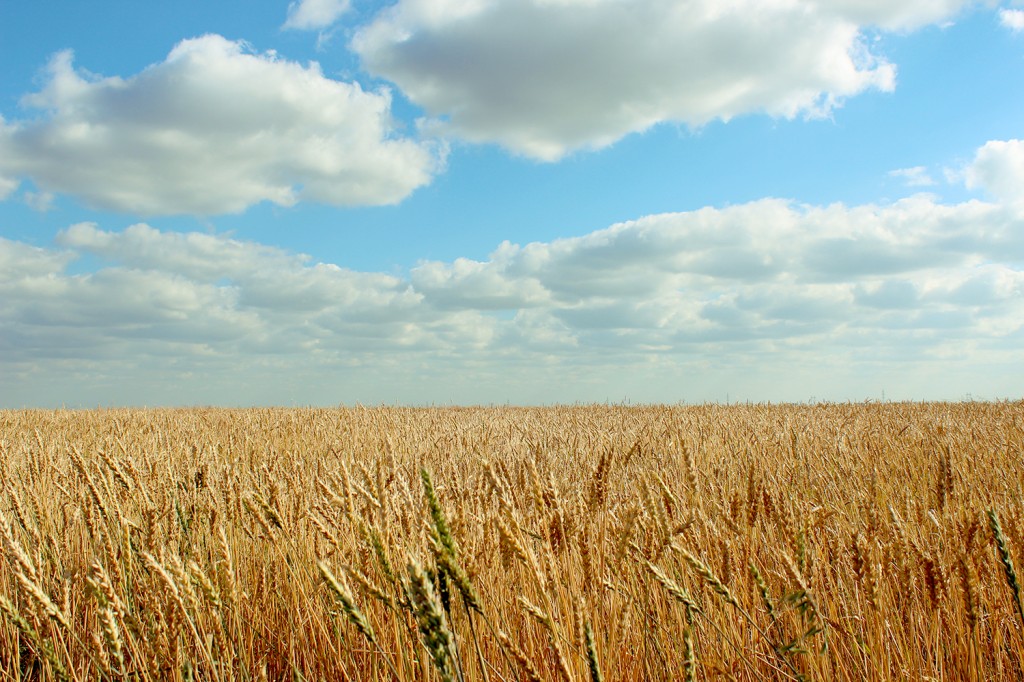A total of 60 billion tenge (US$320.98 million) has been allocated from the state budget this year for spring fieldwork, which is 20 billion tenge (US$107.67 million) more than last year. The gross grain harvest this year is expected to total no less than 17.2 million tonnes, Deputy Minister of Agriculture Saparkhan Omarov announced recently.
“The gross grain yield, after processing, totalled 17.2 million tonnes and this year we expect that the gross grain harvest will not be lower than last year,” Omarov said at a recent briefing at the Central Communications Services (CCS).
According to preliminary data, in 2015, the country’s total crop area totals 21.5 million hectares.
“It is expected that 18.5 million hectares of crops be sown this year. Wheat will occupy 12.2 million hectares and oilseeds will consume 2.2 million. It is planned to sow feed crops on 3.7 million hectares, which is 349,000 hectares more than last year,” he explained.
According to the Ministry of Agriculture, in the south of Kazakhstan, sowing season has already begun; over 160,000 hectares have been planted.
Meanwhile, the ministry has reduced the amount of wheat being planted. This was done in an effort to increase crop diversity. The wheat crop will be 235,000 hectares less than in 2014 and the rice crop will shrink by 8,500 hectares to make way for more feed grain, legumes and cereal crops which will increase by 103,000 hectares.
“In order to diversify the area and eliminate the adverse effect on wheat monocultures, the standards of subsidised wheat production as well as additional funds, were reduced. Increased levels of subsidies for other priority crops have been set. The agriculture ministry and the akimats (regional administrations) signed memoranda reducing the amount of wheat and increasing the amount of feed grain, legumes, oilseeds and forage crops,” Omarov added.
About 78.2 billion tenge is to be allocated to subsidise this year’s harvest.
Agricultural machinery across the country is being prepared at the same rate as last year.
“The willingness of agricultural producers to take part in spring field work this year was considered satisfactory,” the vice minister said.

